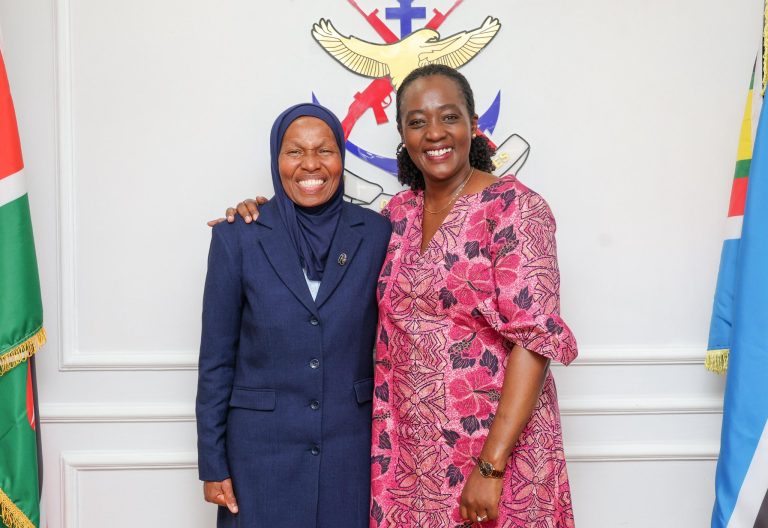Government secures Sh18bn for Rironi-Mau Summit road

Kenya has received a Sh18 billion ($ 150 million) loan from the African Development Bank (AfDB) for the construction of two main highways under the government’s public-private partnership (PPP) programme.
Its funding will transform the 175km Rironi to Mau Summit highway into a four-lane carriageway and 57.8km two-lane Rironi to Naivasha will be strengthened and maintained over a 30-year period.
Funding, which will come as a boost for the project implementers, represents 10 per cent of the Sh180 billion required for the upgrade of the project.
Both roads connect most densely populated parts of the country from Nairobi to Kiambu and Nakuru. It also connects agricultural zones, wildlife reserves and tourism markets.
The road is also part of the trade and Northern Corridor transport corridor in East Africa- providing a gateway to Uganda, Rwanda and South Sudan.
AfDB’s loan will be given to a consortium led by French infrastructure firm Vinci, which secured a 30-year concession contract in 2019 to build and operate the Nairobi-Nakuru highway. The loan forms part of a tranche to Rift Valley Highways Limited and wholly owned by Vinci group and Meridiam Infrastructure Africa Fund.
In September 2020, Rift Valley Highways entered into a PPP concession agreement with the Kenya National Highways Authority (KeNHA) to design, build, finance, operate, maintain and transfer the two highways over a period of 30-years.
“One major plus is that this project will improve the extremely poor safety record of the highway which has been identified as one of the most accident-prone in Kenya. In addition, direct development outcomes expected from the project include increased productivity, commercial efficiencies, and time and cost savings. Ultimately this should support economic growth and increase the quality of life of the people, “said Nnenna Nwabufo, Director General for the Bank’s East Africa region. The project is expected to generate 1,500 jobs during construction and 200 during operation and has at least 40 percent local content in the form of labour and locally sourced materials. This project is the first PPP project to be approved by the board under AfDB’s recently established PPP Framework.
“Tolling and concessioning of major trade corridors across the African continent is on the rise as the need for connectivity and integration is amplified by the AfCFTA and the need for alternative financing sources through PPPs, to ensure the sustainability and reliability of trade corridors,” said Mike Salawou, Bank acting senior director for the Infrastructure and Urban Development Department.
Direct development outcomes expected from the project include increased productivity, commercial efficiencies, and time and cost savings. Ultimately this should support economic growth and increase the quality of life of the people. “











